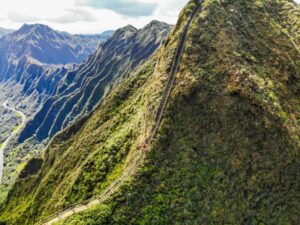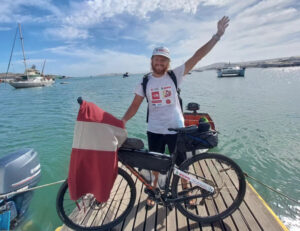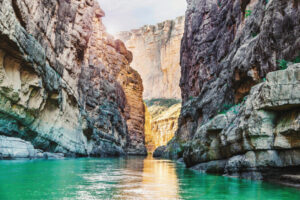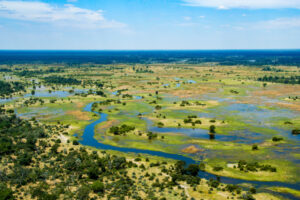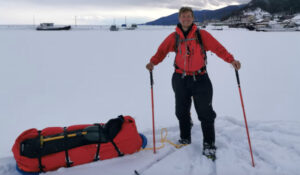Before we delve into this new hiking trail, let’s explain where Kurdistan is and the problems that this ambitious project faces.
If modern Middle Eastern history had broken differently, Kurdistan might exist as a country. Instead, 30-45 million Kurds live in a mountainous swathe of Asia spanning Turkey, Syria, Iraq, and Iran. Only in Iraqi Kurdistan have the Kurds gained autonomy.

The Kurdish population is split between Turkey, Syria, Iraq, and Iran. Photo: The Kurdish Project
There, the struggle for some level of independence took the best part of a century. It culminated in Iraq’s 2005 constitution, which formally recognized the region as autonomous. Iraqi Kurdistan even became something of a tourist draw. It was safe (at least compared to most of Iraq), stable, and beautiful.
But the tourist years were short-lived. Syria’s collapse and ISIL’s rise brought renewed fighting. The Kurds found themselves on the front lines. The region remains volatile.
The Zagros Mountain Trail
The return of tourists might sound unlikely, but Iraqi Kurdistan has lost none of its appeal for more adventurous travelers. A new 240km hiking trail could be the thing that tempts them back. Lawin Mohammad, a Syrian refugee, and Leon McCarron, an Irish writer and presenter, are stitching the route together. They connect fragments of village paths, herder’s trails, and ancient mountain passes.
“We’re not ‘building’ any trails that don’t already exist. Nobody owns it; no one person builds it,” McCarron explained to The New York Times.

Kurdistan Region, Iraq. Photo: Shutterstock
Mohammad and McCarron make an odd couple. Mohammad had never hiked and McCarron had little knowledge of the region’s politics and dangers. But the partnership has worked.
The Zagros Mountain Trail is not yet complete, but it is taking shape. The duo are walking the trail repeatedly, honing each segment and building up a network of contacts in the villages and towns. There are plans for a system similar to that of the Jordan Trail. Opened in 2016, the 675km Jordan Trail is run by an association that provides maps, maintains the path, and can facilitate connections between tourists and local guides.

Kurdistan. Photo: Shutterstock
Martyr minesweepers
Mohammad and McCarron envisage a similar organization in Iraqi Kurdistan, but there will be additional complexities. Iraq is heavily mined, with most dating from Saddam Hussein’s rule and the Iran-Iraq war. During the war, Iraqi mines were so numerous, and Iran’s mine-sweeping capabilities so poor, that the Iranian army used young men on foot or on motorbikes as “martyr minesweepers”.
Despite recent, less horrific de-mining efforts, wandering off a well-worn track could prove fatal. Another big risk is airstrikes from the Turkish army targeting members of the Kurdistan Workers Party (the PKK), which they designate as a terrorist organization. Clearly, independent hiking is extremely unwise and a good guide will be essential.
These threats have shaped the trail route and could prove its downfall if the region slides back into conflict. However, for now, with the trail half-complete, the project looks bright.


